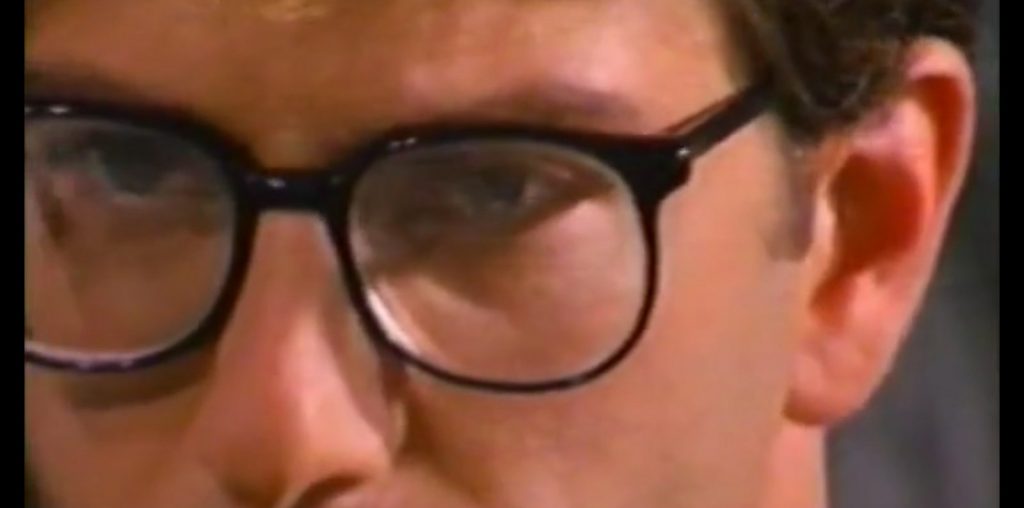
One gets the impression from Karel Kachyña’s “The Ear” that life under the Communists’ boot in Czechoslovakia during the early 1970’s wasn’t all Pilsner Urquell and pretzels. Shot in black and white, Kachyña’s study of paranoia and desperation was understandably held from release by the Warsaw Pact immediately upon its completion in 1970, and has only been screened for audiences in the last decade or so. It’s worth the wait.
Ludvik (Radoslav Brzobohatý), a minor Party official, and his wife Anna (Jirina Bohdalová) have returned from a Party function to find their power out, the phone dead, and a set of keys missing. Ludvik, well aware that his superior has been “disappeared” for alleged anti-State activities, begins to fear that his own arrest is just around the corner. He starts destroying personal documents as he replays events from earlier in the evening in his head. These flashbacks are shot in such a way as to increase the apprehension and paranoia Ludvik is already feeling.
Anna is not much of a help during this time. She badgers Ludvik about his many inadequacies in a series of scenes that bolster the stress both feel at the prospect of his being taken away. Tensions reach a peak when a number of Ludvik’s Party co-workers show up for a late-night boozing session. His suspicion at their motives is confirmed when the couple discovers a number of listening devices left in his home after they’ve departed. The Ear has been listening all along and Ludvik and Anna, faced with the very real possibility that Ludvik will be going bye-bye, end their psychological warfare and wait with grim resignation for morning. The call finally comes, but instead of bad news, the Party tells Ludvik he’s been promoted to Minister. Huzzah.
When reading articles and hearing arguments about our eroding freedoms, I think many people waver between indignation (surely such things couldn’t happen in today’s relaxed international climate?) and rationalization (hey, what do I have to be worried about?). It’s easy to forget that it wasn’t so long ago that Big Brother was alive and well in Eastern Europe (and is still alive and well in other countries). Kachyña brings the ideas of Orwell’s 1984 to life in a way that is disturbing because Ludvik and Anna’s house looks like it could be anyone’s. This isn’t some dystopian future metropolis; it’s the suburbs of your city, or the quiet neighborhood you pass through on your way to the grocery store. And the characters in “The Ear” aren’t dispirited automatons; they’re everyday shmucks like you or me who don’t even realize what they’ve lost. As an exercise in mood and atmosphere, “The Ear” is interesting film to watch. As a historical object lesson, it’s invaluable.
